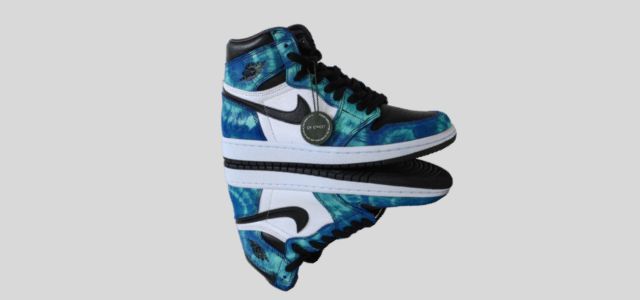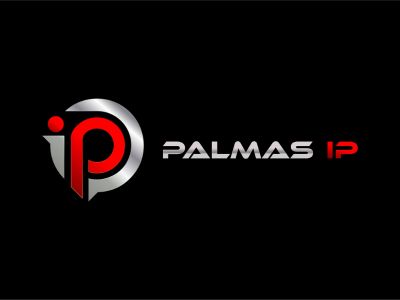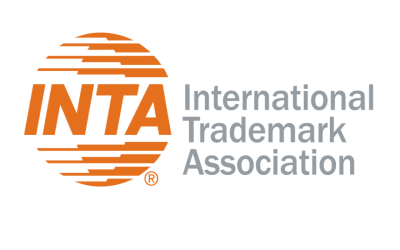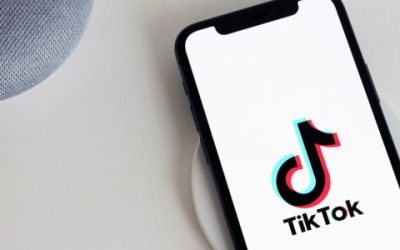Recently, there has been the common opinion that, due to the growing number of registered trademarks, the possibility of registering winning trademarks is limited. Among the tactics devised by the brands to remedy this problem, it has become fashionable to adopt vowel-reduced trademarks or “disemvoweled” marks.
The pioneers are the Silicon Valley startups, such as TUMBLR and FLICKR, which have dropped the “e” from their company names/marks.
The trend has been popular with the public and spread among companies, giving rise to often modern, original and distinctive brands.
Obviously, not all vowel-reduced trademarks, or “disemvoweled” trademarks can be registered without problems. There are two cases that have currently come to the fore because they involve two well-known companies.
The first case, which concerns descriptiveness, has come in the limelight with Nike and its SNKRS mark. In fact, if a descriptive term is still recognizable despite the dropping of the vowels, the mark cannot be allowed registration.
Nike has a special app, called “SNKRS”, which warns customers of the release of limited edition and special products and allows them to buy footwear and clothing. Thus, it sought to register a US trademark for the “SNKRS” word mark and in combination with the swoosh, in classes 9, 25, 35, and 41.
Registration was denied by the USPTO because the applied-for marks are merely generic. The marks “SNKRS” were applied for a variety of clothing, footwear, and sneaker-related goods and services, and the term is the phonetic equivalent of “sneakers.” This means that the term simply states the type of product or service that is being offered. Removing the vowels from the word “sneakers” did not make “SNKRS” less of a descriptive or generic word.
However, the Trademark Trial and Appeal Board overruled the trademark examiner’s finding that “SNKRS” was a generic term, determining that it is a descriptive term instead. A descriptive term may become distinctive and thus qualify for trademark protection if it has developed a secondary meaning. Nike proved that it has used the mark in a substantially exclusive way since 2015 and has received more than 10 million SNKRS orders in North America since 2019. In addition, the media has recognized “SNKRS” as a term associated with Nike. Thus, the board said that “SNKRS” has become distinctive of the services through the applicant’s substantially exclusive and continuous use of the mark in commerce. Furthermore, Nike submitted numerous articles, showing that their writers distinguish the terms, referring to “SNKRS” when discussing about the mark, and “sneakers” when referring to such goods.
Nike’s trademarks will now be published in the USPTO’s Trademark Gazette, where third parties will have 30 days to oppose them before they are registered. Of course, no protection will be granted for goods in class 25.
The assessments and practice of the examiners are obviously different from country to country and, in fact, “SNKRS” has been registered by EUIPO also in class 25.
A different case is the “HLMT” trademark, clearly phonetically equivalent to “helmet”, registered for such goods by either the USPTO and the EUIPO without any proof of acquired secondary meaning.
The other case that could concern the “disemvoweled” trademarks is the similarity with trademarks that contain different vowels with respect to the vowel-reduced trademark.
This is the case involving Burberry these days. In 2022, the British luxury brand Burberry filed US and EUTM applications for “BRBY” in classes 18 and 25.
Whilst the EUTM has smoothly proceeded to registration, the US application has received opposition by the toymaker Mattel, creator of the famous doll “BARBIE”. In fact, “BRBY” is phonetically equivalent to “BARBIE” and Mattel claims that it evokes confusion with its famous doll, subject to several trademark registrations, including clothing.
The concern of Mattel is that, since the Burberry’s mark lacks any vowels to guide pronunciation, it would likely be read in a manner phonetically identical to “BARBIE” and the consumers could view “BRBY” as a sub-brand or expansion of the Barbie trademark. Surely, it seems unlikely that Burberry would need to take advantage of Barbie’s reputation.
However, it seems that the opposition has been suspended, since there are “wise” negotiations between the parties.
All of the above shows how important a comprehensive analysis is before the filing of a “disemvoweled” trademark.
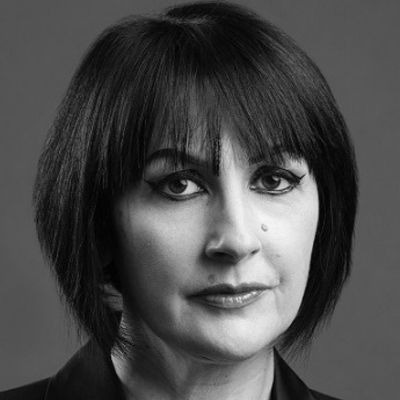
Written by Dr. Rosalba Palmas
Italian and European Trademark Attorney, Palmas IP S.r.l.
You may also like…
INTA files statement in intervention in EU case on the inherent distinctiveness of color combination trademarks
New York, New York—July 24, 2024—The International Trademark Association (INTA) has filed a Statement in...
Bytedance stumbles in Singapore: IPOS rejects TIKI trademark challenge
The social media giant Bytedance, owner of the ubiquitous TikTok platform, recently suffered a setback in Singapore....
TOUR DE FRANCE fails in the third stage against German fitness studio chain
At the end of June, the 111th edition of the Tour de France kicked off. June also saw the end of a dispute between...
Contact us to write for out Newsletter


